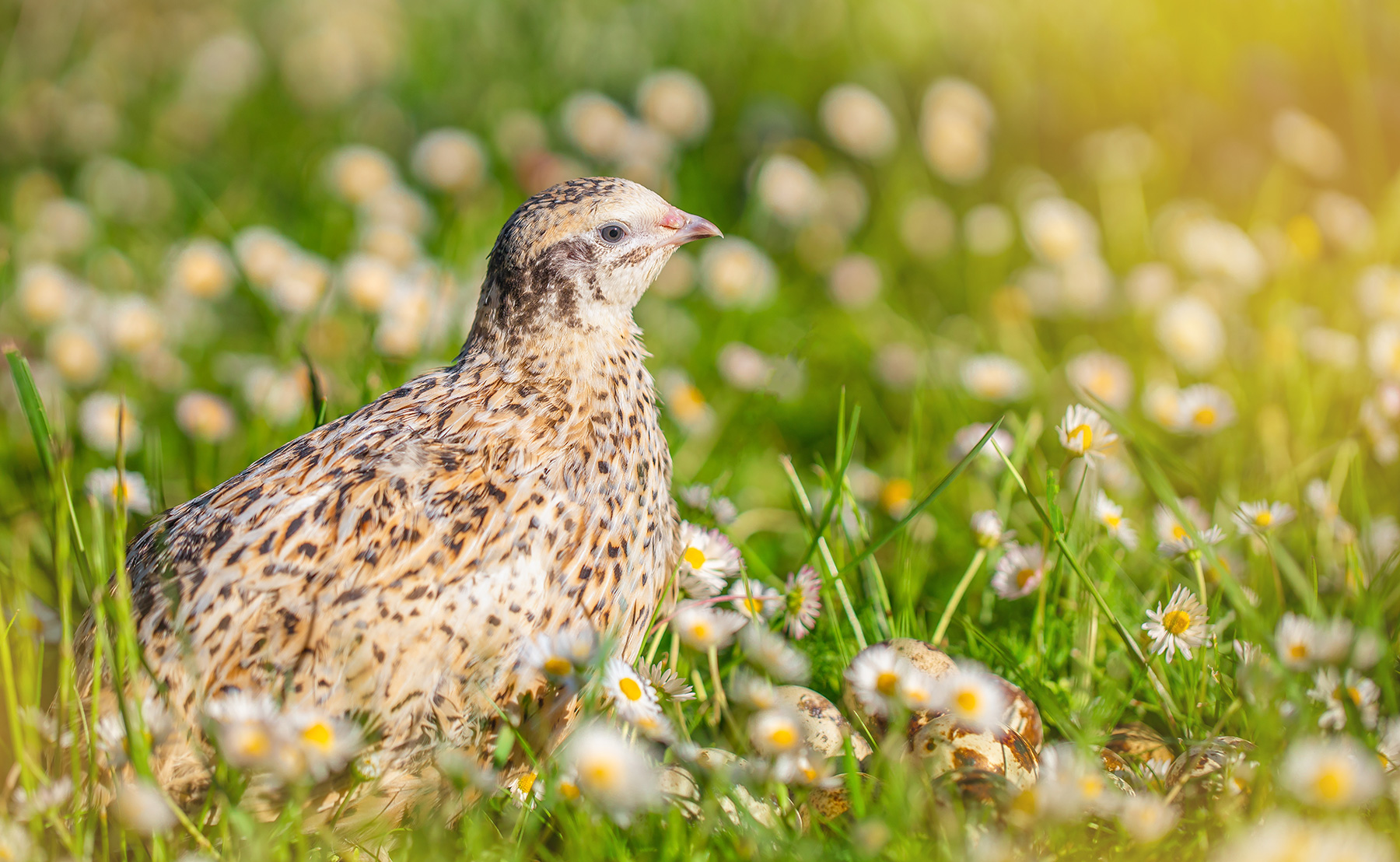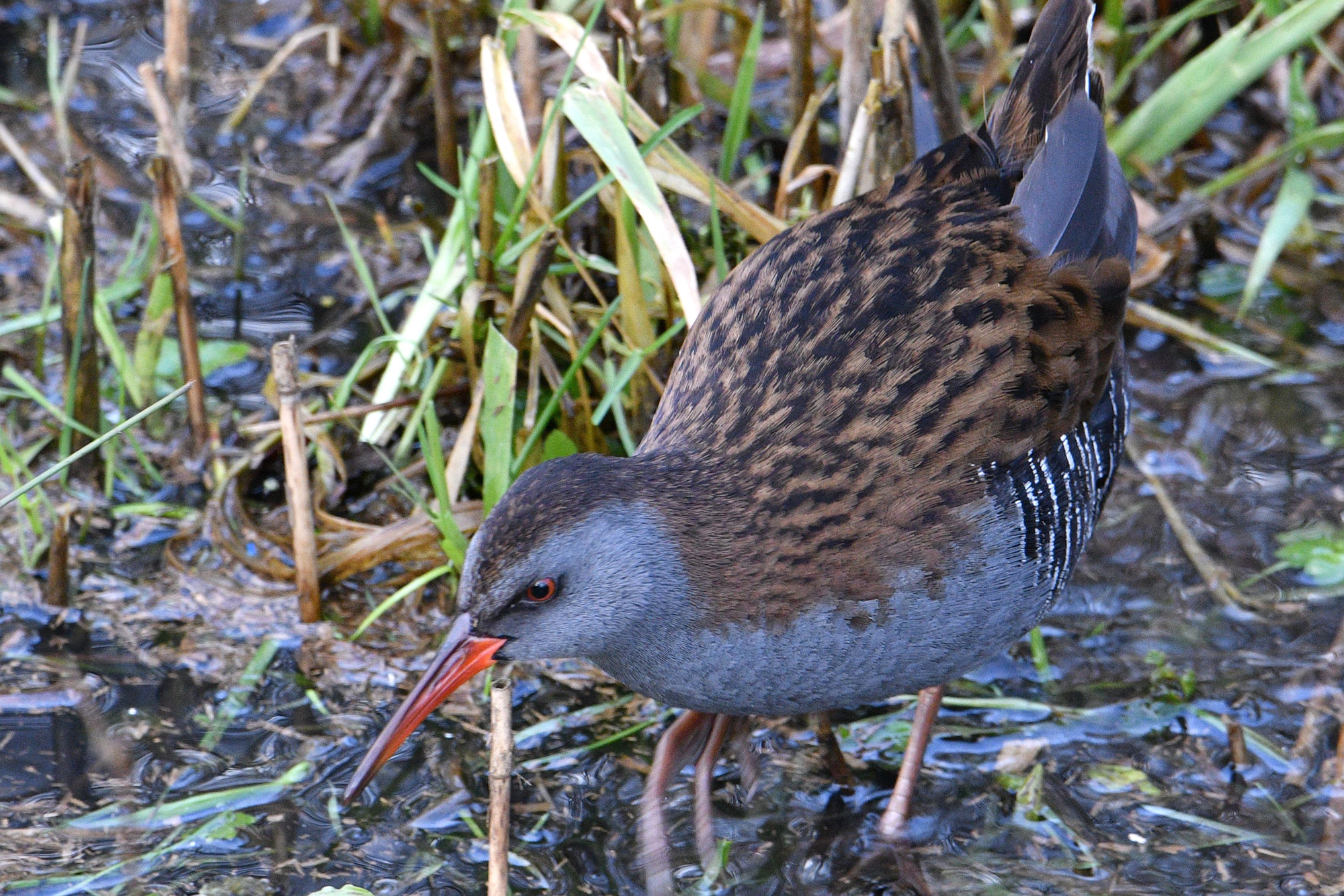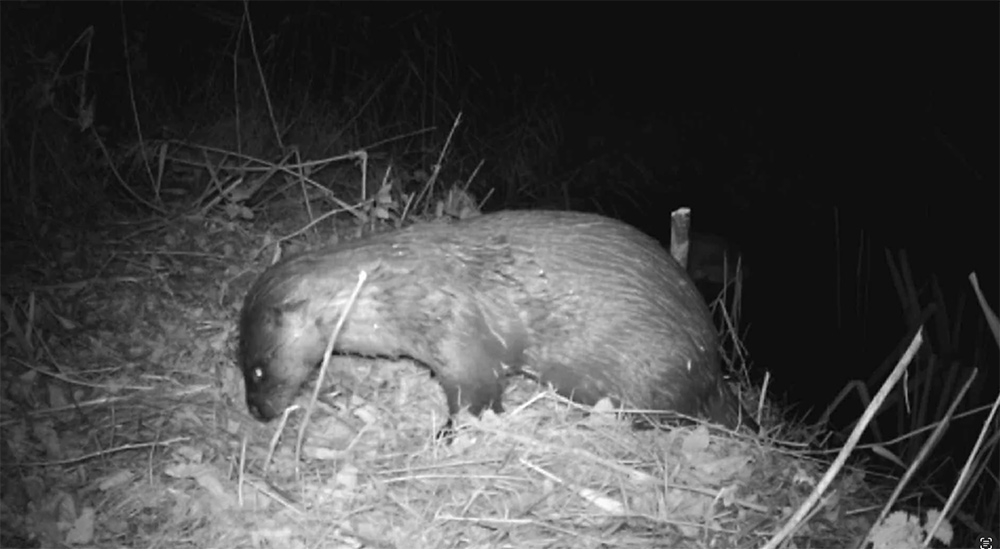Wildlife surveyor and volunteer Dave Watkins has sent over the results of his first bird call audio recording survey… take a look at what he has to say:
“The results of the static recording session for the dates 14-23rd June 2025. The digital recorder recorded around the clock for these days and picked up both the diurnal and nocturnal calls. I have checked all species and verified the accuracy, at least randomly where there are significant numbers of detections.
Most of the species were expected but the following are of particular interest.
Common quail – this is a rarely encountered species, almost exclusively nocturnal and inhabiting better quality unimproved grasslands in agricultural areas. It’s habits therefore ensure it is hardly ever noted casually. I recorded it on audio in four locations around the Harrogate area last year, mainly in or on the edge of agricultural areas, and but for the audio it would have been overlooked. Townend Field could not be better habitat in my opinion so it will be interesting to see how often this species comes back from it’s winter haunts. Our knowledge of it is complicated , not only by it’s habits, but also it’s numbers can fluctuate in this country from year to year . Most of the calls here were nocturnal over several days 17 – 23rd June. The call is very characteristic and best listened for on a calm evening as dusk approaches ( or the middle of the night! )

Reed Warbler – Phragmites reed beds are it’s key breeding habitat and it is likely there is one or two pairs at the moment. It is a prolific singer and will sing throughout the night , hence the number of detections. A summer visitor wintering in Africa.
Reed bunting – This species as it’s name suggests is a bird of reed and wetland areas, not as common as formerly and a nice species to have on the Reserve. I think probably only a single male singing, occasionally at night.
Curlew – there is a lot of effort going on in Yorkshire to try to ensure this iconic bird remains a long term breeding bird , not only on the higher ground, but also on the lower farmland. Nice to know it is still about, the number of calls might suggest it is still managing to breed locally.
The Little grebe calls are nocturnal calls, most likely birds from local waters exploring for other open water, so these calls will be made in flight.


